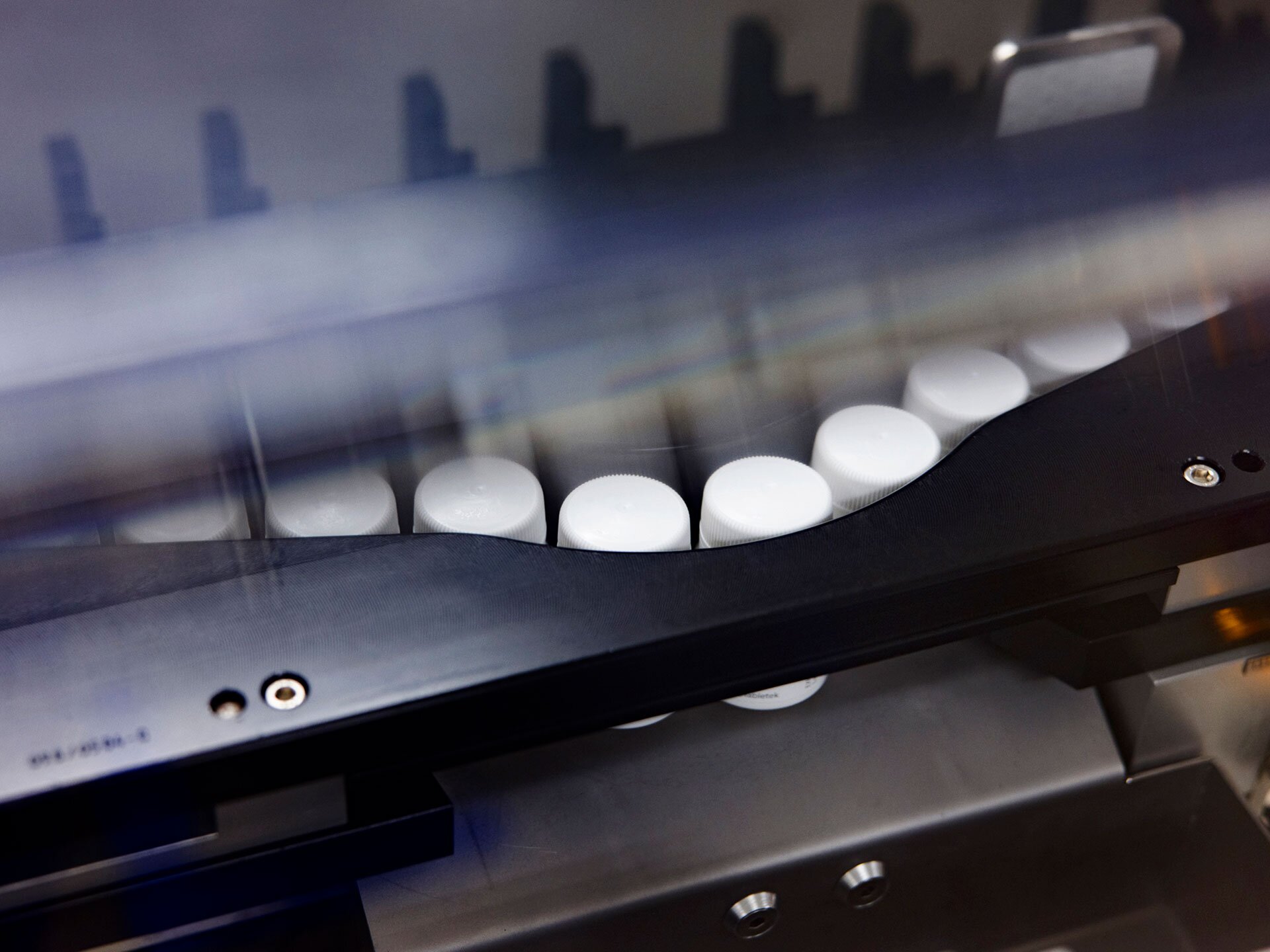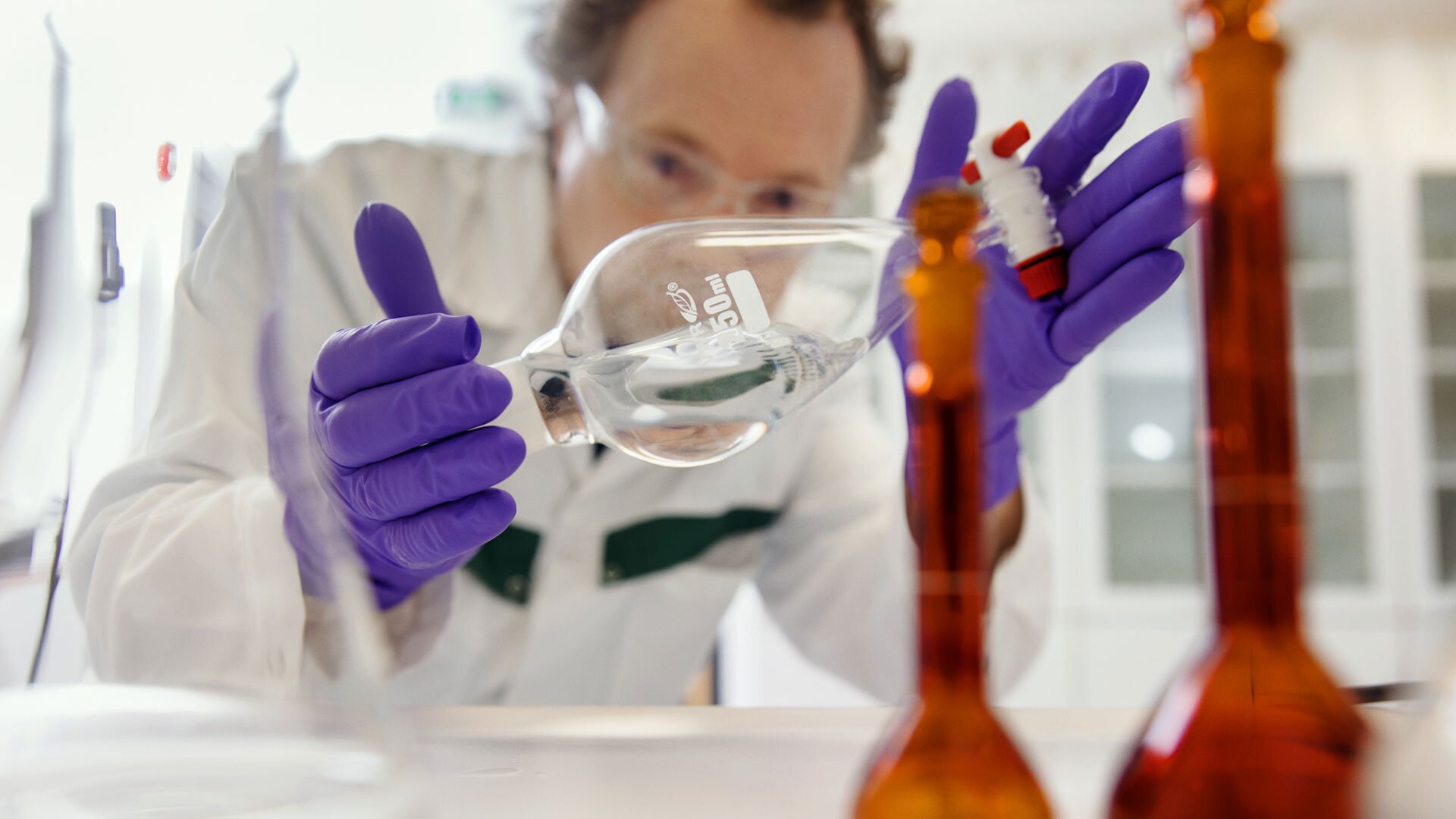Antibody-drug conjugates are based on the identification of the unique characteristics of cancer cells. When a target protein that does not exist in most healthy cells is identified, affected cells can be destroyed by precision-targeting the cancer cells and tissue with a cytostatic agent by using antibodies.
Developing an effective drug requires that the right type of protein, an optimal antibody-drug conjugate, the correct cytostatic agent and suitable linkage all come together. This in turn takes in-depth expertise in all areas of drug research and development.
The choice of the right patients is crucial for antibody-drug conjugate treatment to be successful. The treatment is not suitable for all patients, but those eligible for the treatment have had good results.
The identification and validation of the target proteins is based on a range of molecular biotechnology methods such as
- flow cytometry
- high-level imaging and
- qPCR.

I love laboratory work and science. What motivates me most is testing new things, learning and problem solving. Our research team has exactly the range of skill that developing effective and safer new cancer drugs requires. As a manager, I want to see my team members progress in their careers. This is also central to Orion’s corporate culture in general: we value each other’s expertise.”











